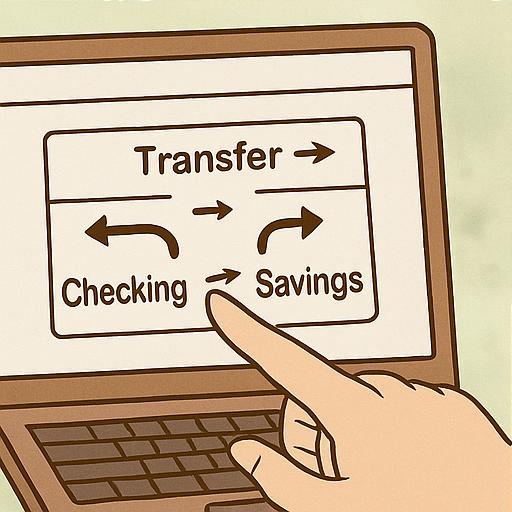
1. Track your spending habits.
Start by writing down every expense - no matter how small. This awareness alone can help reduce impulsive spending. Use apps, notebooks, or spreadsheets - whatever keeps you consistent. Over time, you’ll start spotting trends and opportunities for improvement. Knowing where your money goes is the first step to taking control of it.
Even if it seems tedious at first, developing this habit can save you thousands annually. Many financially successful people have built their stability on this simple foundation. Don’t underestimate its impact.
When you review your expenses weekly, you can catch unnecessary subscriptions or spontaneous purchases that don’t bring long-term value. These small tweaks help your income work for you, not the other way around.

2. Set specific financial goals.
Having goals - whether it’s paying off debt, saving for an emergency fund, or planning a vacation - gives your budget purpose. When your spending aligns with a clear objective, it’s easier to stay motivated. Break long-term goals into milestones to feel consistent progress.
Visualizing your goals regularly can boost discipline. Post reminders or images that symbolize what you’re working toward. It’s not just about money - it’s about freedom, security, and peace of mind.
Try setting short, medium, and long-term goals so you always have something attainable on the horizon. Reaching smaller wins keeps your momentum strong and your mindset positive.

3. Think before every purchase.
Ask yourself if a purchase is a need or a want. Taking a moment to pause helps you avoid emotional spending. Waiting 24 hours before buying non-essentials often leads to smarter decisions. Small changes in buying habits accumulate into major financial gains.
Every dollar saved is a dollar earned. Evaluate recurring subscriptions, spontaneous treats, or duplicate purchases. These minor leaks can quietly sabotage your progress.
If you feel tempted, consider what you're sacrificing by spending that money now. That perspective shift can help build stronger decision-making in everyday life.

4. Automate your savings.
Set up automatic transfers to your savings as soon as you receive income. This makes saving effortless and removes the temptation to spend it. You can also automate bill payments to avoid late fees and stress. Financial discipline thrives on structure and consistency.
Automation builds a habit without relying on willpower. Over months and years, this system compounds into lasting stability and wealth. It’s a smart step with huge long-term benefits.
Once it's automated, you don’t have to think about it — and that’s the beauty. It removes friction from doing the right thing repeatedly.

5. Build habits, not restrictions.
True financial discipline isn’t about cutting out all joy - it’s about building daily habits that align with your values. Replace random purchases with planned rewards. Find satisfaction in progress, not just spending. Over time, discipline will feel natural, not forced.
Habits shape your financial identity. The more consistently you act like a financially wise person, the more natural it becomes. Start small - then grow with confidence.
Consistency beats intensity. One small improvement done regularly will always outperform an unsustainable extreme rule you can’t follow for long.

6. Review and adjust your budget.
Your budget isn’t set in stone. Revisit it monthly to make sure it reflects your current life. Cut what doesn’t serve you and adapt to unexpected changes. Progress isn’t linear - and your plan shouldn’t be either.
Even small tweaks can reignite your motivation. Celebrate wins, learn from setbacks, and keep going. Financial discipline is a journey - not a destination.
Reassess your financial priorities at least once a quarter. Life evolves, and your financial roadmap should evolve with it.
Photo: taken from the internet